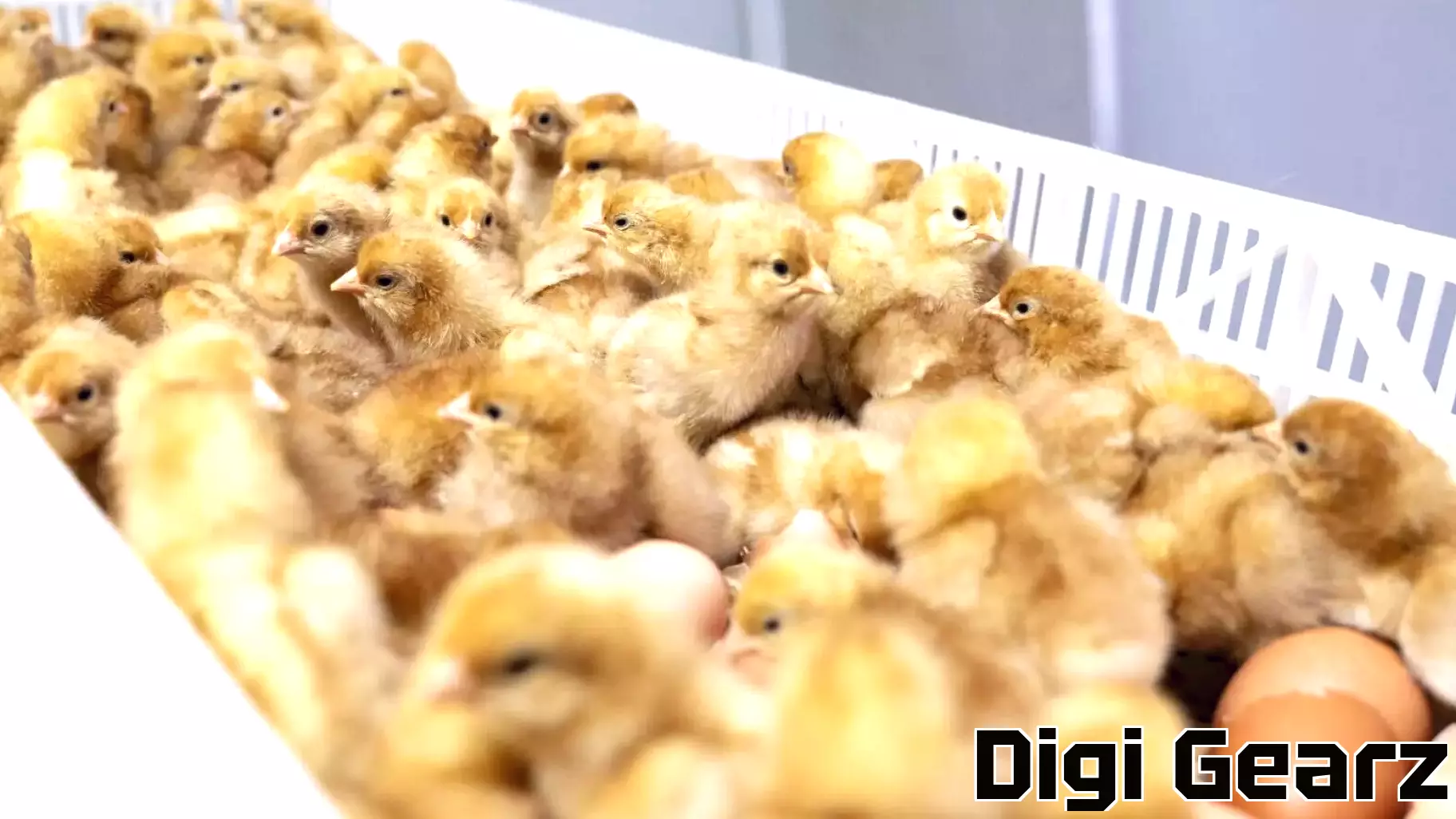U.S. Egg Industry Faces Ethical Dilemma: 350 Million Male Chicks Killed Annually
December 29, 2024 - 12:32

WILTON, Iowa — Each year, the U.S. egg industry faces a significant ethical challenge as approximately 350 million male chicks are culled shortly after hatching. These male chicks, while undeniably adorable, are deemed unproductive since they do not lay eggs. This practice has drawn increasing scrutiny from animal welfare advocates and consumers alike, who are calling for more humane alternatives.
In response to growing concerns, innovative technologies are emerging that could change the landscape of the egg production industry. One such advancement involves the use of in-ovo sexing, a method that allows producers to determine the sex of the chick before it hatches. By identifying male eggs early in the incubation process, producers can prevent the hatching of male chicks altogether, thereby eliminating the need for culling.
As awareness of animal welfare issues continues to rise, the egg industry is under pressure to adopt more sustainable and ethical practices. The development of these new technologies could pave the way for a more humane future in egg production, aligning industry practices with consumer values.
MORE NEWS

February 28, 2026 - 09:34
Trump orders federal agencies to stop using Anthropic AI in dispute over safetyA directive from the Trump administration has mandated all U.S. federal agencies to immediately cease using artificial intelligence technology developed by Anthropic. The order, which also includes...

February 27, 2026 - 19:09
How DNA technology identified baby found in Columbus County landfill in 1979In a stunning resolution to a case that haunted Columbus County for nearly half a century, advanced DNA technology has finally identified an infant found in a local landfill in 1979 and led to the...

February 27, 2026 - 13:12
Tennessee House hearing highlights impaired driving concerns, TBI technology modernizationA recent hearing before Tennessee House lawmakers placed a dual spotlight on the ongoing battle against impaired driving and the critical need to modernize the state`s forensic capabilities....

February 26, 2026 - 22:21
American Landmark names chief innovation and technology officerAmerican Landmark, a prominent owner-operator with a focus on Sun Belt multifamily communities, has announced a key strategic appointment. The company has named Adam Smolyar as its first Chief...